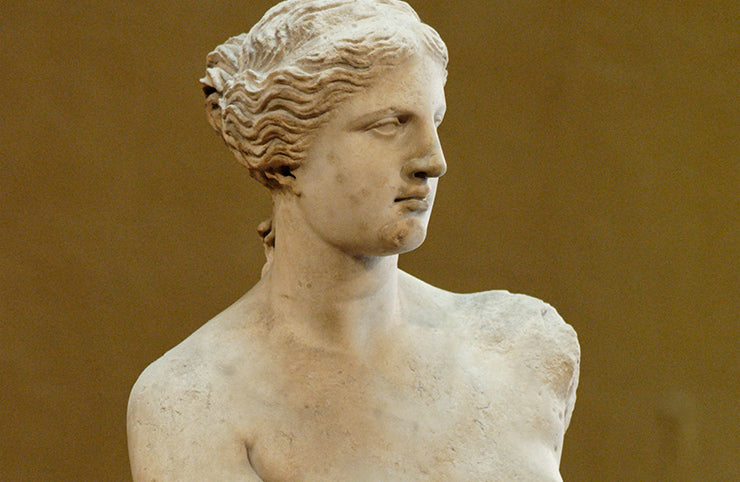Self-mythology is the art of creating and embracing a personal narrative that elevates one’s life story into something more profound and meaningful. This practice, rooted in ancient traditions and modern psychology alike, allows individuals to frame their experiences and identity in ways that empower and inspire them.
At its core, self-mythology involves constructing a personal myth—a story that defines who you are, what you believe in, and the path you choose to follow. Unlike falsehoods or mere fantasies, these myths are grounded in reality but are imbued with a sense of purpose and significance. They often incorporate elements of one's aspirations, values, and key life events, transforming the mundane into the extraordinary.
Throughout history, myths have served as a way for cultures to convey their values, fears, and aspirations. From the hero’s journey in Greek mythology to the moral tales of indigenous folklore, these stories have provided frameworks for understanding the human experience. Similarly, self-mythology offers a personal framework, helping individuals navigate their lives with a sense of direction and coherence.
In contemporary society, where the search for identity and meaning can be overwhelming, self-mythology provides a powerful tool for self-discovery and empowerment. By viewing their lives through a mythic lens, individuals can find deeper meaning in their experiences, see themselves as protagonists in their own epic narratives, and approach challenges as opportunities for growth and transformation.
Creating a personal myth involves several introspective steps:
1. Reflect on Your Key Life Events: Identify significant experiences that have shaped who you are. These could be moments of triumph, failure, love, or loss.
2. Identify Your Core Values and Beliefs: Determine the fundamental principles that guide your actions and decisions. What do you stand for? What inspires you?
3. Create Your Narrative: Weave together your key experiences and values into a cohesive story. Highlight your struggles and victories, and frame your journey as an ongoing adventure.
4. Embrace Symbolism and Archetypes: Use symbols and archetypes to add depth to your narrative. Whether it’s the hero, the mentor, or the quest, these elements can help convey the universal aspects of your story.
5. Live Your Myth Incorporate your personal myth into your daily life. Let it guide your choices and inspire you to overcome obstacles and pursue your dreams.
Self-mythology offers numerous psychological and emotional benefits. It fosters a stronger sense of identity and purpose, enhancing self-esteem and resilience. It also encourages a proactive approach to life’s challenges, viewing them as integral parts of a larger, meaningful journey.
Moreover, self-mythology can improve mental well-being by providing a structured way to process and make sense of one’s experiences. It promotes a positive narrative that helps individuals reframe negative events and find hope and motivation in their personal stories.
In a world where the search for personal meaning can often feel elusive, self-mythology provides a valuable tool for individuals to construct empowering narratives about their lives. By embracing and living their personal myths, people can transform their experiences into sources of strength and inspiration, turning the story of their lives into a tale worth telling.
